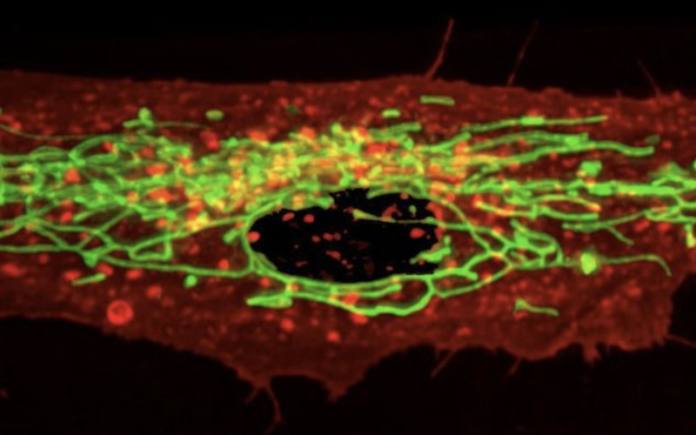Scientists have found that people with depression contain compounds that can serve as indicators of suicidal thoughts. The connection between cellular metabolism and depression was discovered by scientists from the University of California in San Diego and their research was published in Translational Psychiatry.
Depression, according to scientists, is a complex disease that physically affects the body, and although the primary symptoms are related to psychological state, the measurement of cellular metabolism markers becomes important for understanding and diagnosing mental illness.
Dr. Robert Navio, Professor of the University of California in San Diego, indicates that mental illness, such as depression, has not only the brain but also on other organs. He notes that the study of cell biochemistry becomes possible due to modern technologies, such as metabolism, which allows "listening to cell conversations in their own language, that is, biochemistry."
The study included a blood test with 99 non -reacting depression participants and suicidal opinions compared to a similar group of healthy people. As a result, five biomarkers were found among hundreds of biochemical substances in the blood of people with depression, which may indicate suicidal thoughts.
Dr. Navio says that these results make it possible to correctly identify most of patients with depression who may have a risk of suicidal thoughts. The study also found gender differences in the effect of depression on cell metabolism, but found common metabolic markers for both sexes.
In particular, it has been found that mitochondrial dysfunction associated with the alerance of structures that produce energy in cells is one of the key characteristics in people with suicidal thoughts. Research is considered a new step towards personalizing depression treatment and can contribute to the development of drugs that affect mitochondrial dysfunction.


